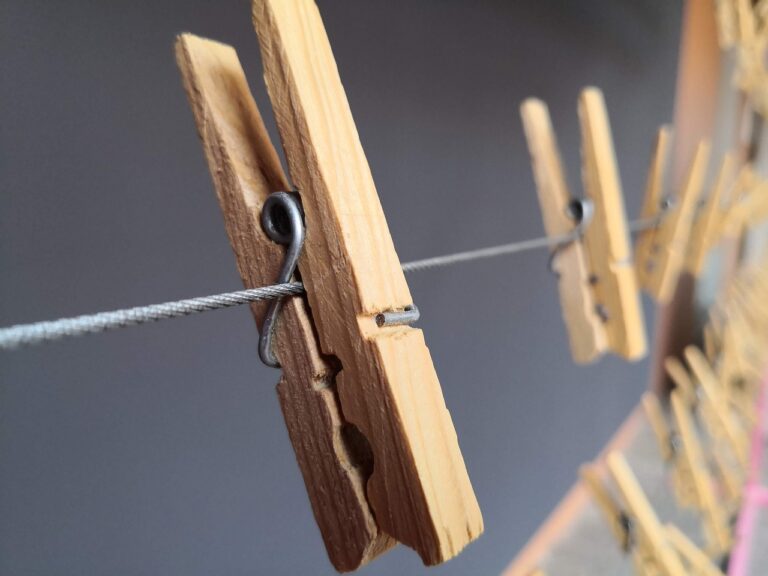Fashion Event Post-Event Evaluation: Analyzing Event Performance and Gathering Insights for Future Improvement: 11xplay, Diamondexch9 com, Sky exchange sign up
11xplay, diamondexch9 com, sky exchange sign up: Fashion Event Post-Event Evaluation: Analyzing Event Performance and Gathering Insights for Future Improvement
Organizing a fashion event involves a lot of hard work, dedication, and attention to detail. From selecting the perfect venue to curating a lineup of talented designers, every aspect of the event plays a crucial role in its success. However, even after the event is over, the work doesn’t stop. In fact, one of the most important steps in the event planning process is the post-event evaluation. This is where you analyze the event’s performance and gather insights that can be used to improve future events. In this article, we will discuss the importance of post-event evaluation in the fashion industry and provide tips on how to conduct a thorough analysis.
The Importance of Post-Event Evaluation
Post-event evaluation is an essential step in the event planning process for several reasons. First and foremost, it allows you to assess the success of the event based on predetermined goals and objectives. By analyzing key performance indicators (KPIs) such as attendance numbers, social media engagement, and sales figures, you can determine whether the event met its intended purpose.
Additionally, post-event evaluation provides valuable insights into what worked well and what didn’t. By gathering feedback from attendees, sponsors, and vendors, you can identify areas for improvement and make adjustments for future events. This proactive approach to event planning can help you stay ahead of the curve and deliver an even better experience for your audience next time.
Tips for Conducting a Post-Event Evaluation
Now that we’ve established the importance of post-event evaluation, let’s discuss some tips for conducting a thorough analysis:
1. Define Your KPIs: Before the event takes place, make sure to establish clear KPIs that align with your goals and objectives. These could include metrics such as ticket sales, social media reach, and customer satisfaction ratings.
2. Collect Feedback: Gather feedback from attendees, sponsors, and vendors through post-event surveys, focus groups, or one-on-one interviews. Ask specific questions about their overall experience, what they liked and didn’t like, and any suggestions for improvement.
3. Analyze Data: Once you have collected feedback and gathered relevant data, take the time to analyze it thoroughly. Look for trends, patterns, and areas of concern that can inform your decision-making process.
4. Identify Strengths and Weaknesses: Based on your analysis, identify the strengths and weaknesses of the event. Celebrate what went well and consider how you can build on these successes in the future. Similarly, address any shortcomings and develop a plan to overcome them in upcoming events.
5. Create an Action Plan: Use the insights gathered from your post-event evaluation to create an action plan for future events. Set specific goals, timelines, and key milestones to ensure that your improvements are implemented effectively.
6. Communicate Findings: Finally, share your post-event evaluation findings with key stakeholders, including team members, sponsors, and vendors. Transparency is key in event planning, and by involving others in the evaluation process, you can gain valuable perspectives and ensure buy-in for future initiatives.
In conclusion, post-event evaluation is a crucial step in the event planning process that can provide valuable insights for future improvement. By defining KPIs, collecting feedback, analyzing data, identifying strengths and weaknesses, creating an action plan, and communicating findings, you can effectively evaluate the performance of your fashion event and set the stage for even greater success in the future.
FAQs
Q: How soon after the event should you conduct a post-event evaluation?
A: It is recommended to conduct a post-event evaluation within a week or two after the event takes place. This allows you to capture feedback while the event is still fresh in attendees’ minds.
Q: What tools can be used to collect feedback for post-event evaluation?
A: There are several tools available for collecting feedback, including online survey platforms, event management software, and social media monitoring tools. Choose the tool that best suits your needs and audience preferences.
Q: How can you ensure that feedback is honest and constructive?
A: To encourage honest and constructive feedback, assure respondents that their input is anonymous and will be used to improve future events. Avoid leading questions and provide space for open-ended responses.







